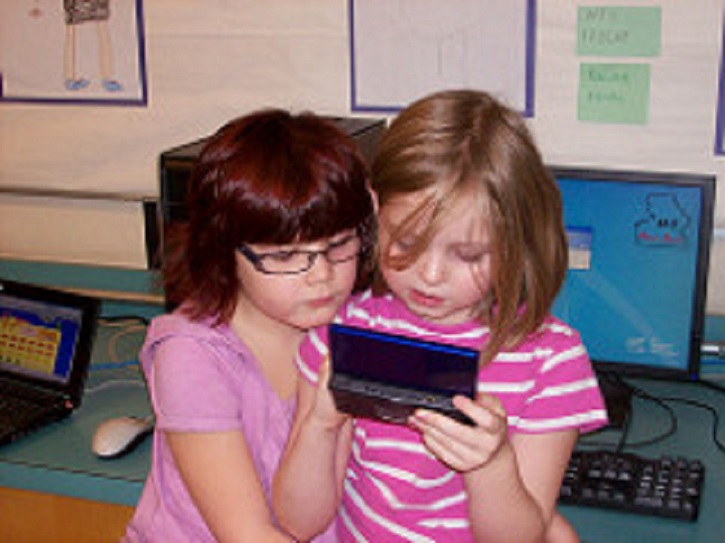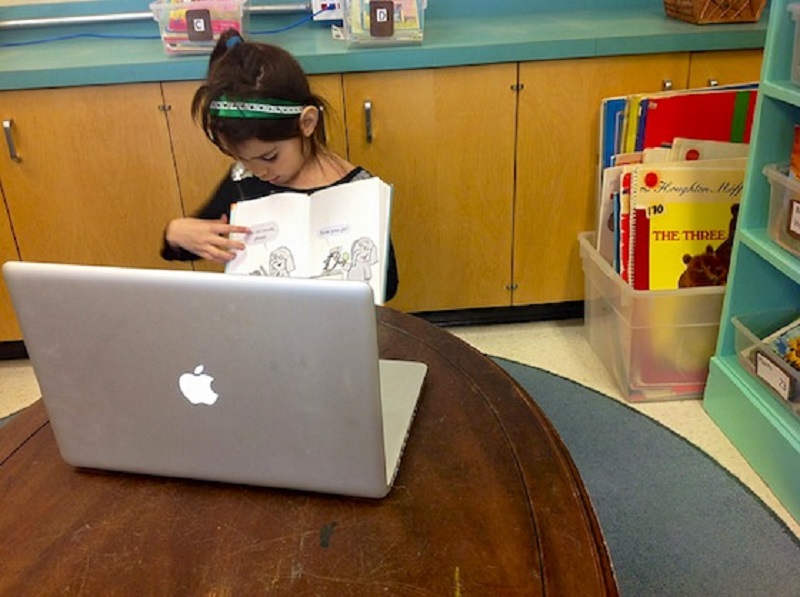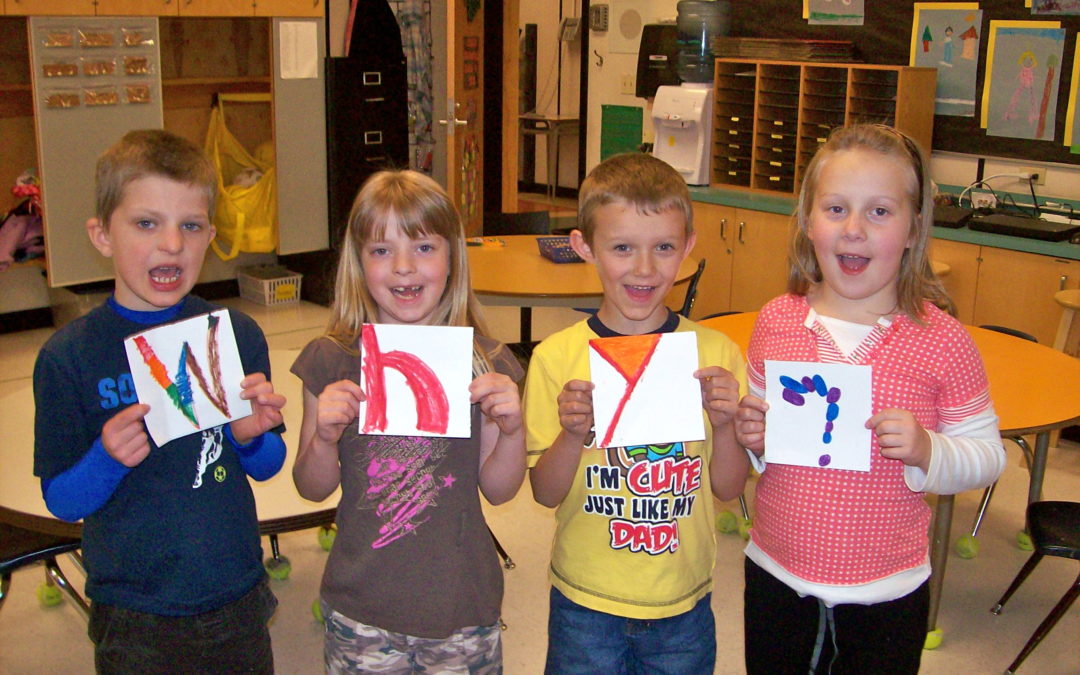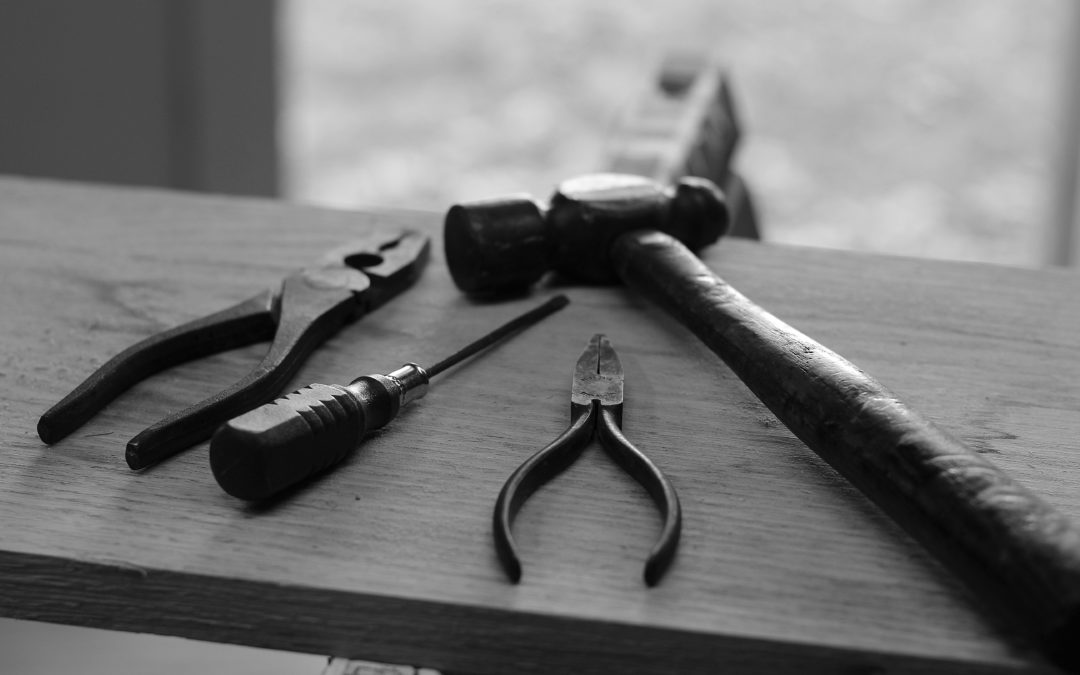
by Kathy Cassidy | Mar 13, 2019 | Less Teacher, More Student, Making The Shift, Passion Based Learning, Voices
Science and health lend themselves easily to PBL (passion or project-based learning) in my mind. But I wasn’t sure how I was going to make it all work in a social studies unit about relationships, rules and responsibilities. I want this to be based on what the students are interested in. Yet there really is nothing about the words “relationships,†“rules†and “responsibilities†that has the ability to inspire passion in most six-year olds. But then I thought about our six Nintendo DS gaming devices.

by Sharon Davison | Feb 21, 2019 | Less Teacher, More Student, The How of 21st Century Teaching, Voices
Blogging has created amazing opportunities for me to share my voice using an asynchronous tool to be transparent about what I am exploring and discovering in regards to learning and how technology can really enhance learning experiences for myself and my students.

by Kathy Cassidy | Feb 17, 2019 | Less Teacher, More Student, Passion Based Learning, PBL Units, The How of 21st Century Teaching, Voices
Because we are doing inquiry or PBL (passion-based learning) this year, my students have asked more questions than they ever have before in my classroom. Both the students and I are still learning about this process, but I like this shift. The person who asks the questions is in charge of the learning, and I want my grade one kids to be in charge of their own learning.

by Peter Skillen | Feb 14, 2019 | Less Teacher, More Student, Making The Shift, The How of 21st Century Teaching, Voices
PBL is a construct made up by human beings — there are lots of variations! And you are entitled to construct your own version within some parameters. Study many of the great resources that are available to you and then create your own working definition and effective PBL practice. And consider our Continua Frame. We like to think with it, rather than dichotomies, simply because things are rarely on or off, black or white, ones or zeroes!





